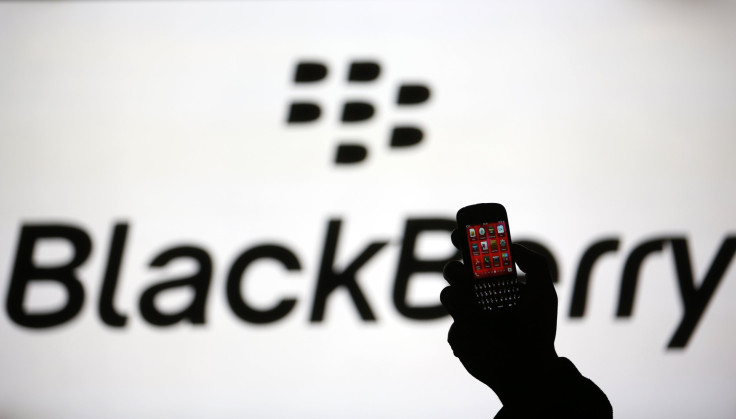BlackBerry Android Tablet In The Works? CEO Hints In Investor Call

On Friday, BlackBerry revealed its earnings for the fourth quarter of the fiscal year 2017. In the earnings call, CEO John Chen hinted that the company could be making an Android tablet, CrackBerry reported.
Read: BlackBerry Priv vs. BlackBerry KEYone
"One of our partners are very excited to build a tablet based on Android, and so they wanted us to give them the portfolio rights to do that. I'm interested to do that because I'm going to get royalties for every tablet they ship. I will just leave it at that, and it's not even that, we have to curate it, we have to do a lot of things on with it, so it's not a 100% committed thing but it's gonna come from our partners and BlackBerry will only receive royalty but it's using our software and we do the QA and portfolio management, so I hope that clarifies that point," the CEO told investors.
BlackBerry’s move toward tablets could be positioned more at the software rather than the hardware side, according to Tech Times. As the sale of consumer tablets continues to decline every year, the company might not risk moving in that direction.
Rather, what Chen might be hinting at could be tablets made for corporate clients. The report added that it could either be a move toward the company’s integration in the Internet of Things or it could be entirely enterprise based. The company has made tablets in the past — in 2011, it unveiled the BlackBerry PlayBook powered by QNX operating system, but the device did not perform well in the market.
Read: Blackberry Might Enter The Self-Driving Market Soon
Waterloo, Ontario-based BlackBerry reported better than expected earnings — it earned 4 cents per share, on an adjusted basis in the quarter, defying expectations of just breaking even. Its total revenue was $297 million, beating analysts' average estimates of $289.3 million.
© Copyright IBTimes 2024. All rights reserved.



















